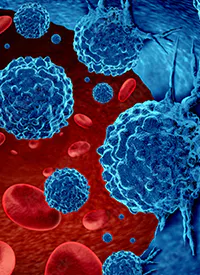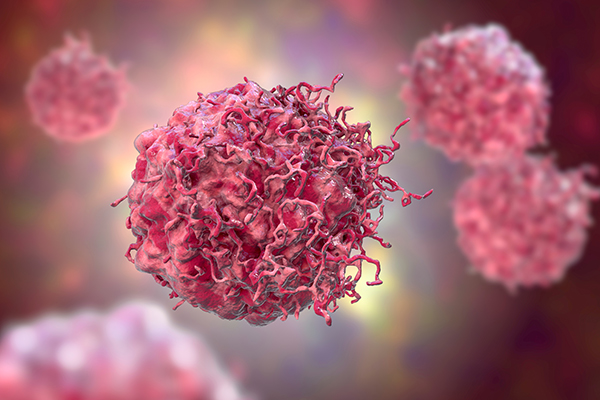Neoadjuvant Botensilimab Plus Balstilimab Yields High MPR Rates in CRC

Neoadjuvant botensilimab and balstilimab showed high MPR rates in MSS and MSI-H CRC, with no recurrences reported.
Botensilimab Plus Balstilimab Elicits Encouraging Responses in MSS mCRC Without Liver Mets

Balstilimab and botensilimab combination therapy showed superior efficacy in MSS mCRC patients without liver metastases compared to botensilimab monotherapy.
Neoadjuvant Botensilimab/Balstilimab Is Active in Resectable Colon Cancer, Despite MMR Status

Botensilimab and balstilimab demonstrated pathological responses across subsets of patients with resectable colon cancer.
Updated Phase 1 Data Support Further Research of Botensilimab/Balstilimab in Refractory MSS CRC

Updated findings from a phase 1 trial (NCT03860272) evaluating botensilimab (AGEN1181) plus balstilimab (AGEN2034) for the treatment of patients with refractory microsatellite-stable (MSS)/mismatch repair–proficient (pMMR) metastatic colorectal cancer (mCRC) show that the combination elicited 12- and 18-month overall survival (OS) rates of 71% and 62%, respectively.
Botensilimab Plus Balstilimab Provides OS Benefit in Heavily Pretreated MSS mCRC

The combination of botensilimab and balstilimab elicited durable responses and provided overall survival benefits in patients with microsatellite stable metastatic colorectal cancer that is resistant to chemotherapy and/or immunotherapy.
New Strategies for Targeting CTLA-4 Emerge

In 2011, the development of ipilimumab, a novel antibody targeting the CTLA-4 immune checkpoint, helped launch the modern era of anticancer immunotherapy.
Immunotherapy in Metastatic Colorectal Cancer: More Than Just MSI-H?

For many patients, there is no greater sense of promise than cancer immunotherapy and it is often the first inquiry we receive. Of course, the concept of cancer immunotherapy is not new, dating back 150 years when William B.
Botensilimab/Balstilimab Combo Elicits Deep Responses in Platinum-Resistant/Refractory Ovarian Cancer

Botensilimab (AGEN1181) in combination with balstilimab (AGEN2034) induced durable responses in patients with resistant/refractory ovarian cancer, according to findings from the phase 1 C-800 study (NCT03860272) presented at the 2023 SGO Annual Meeting on Women’s Cancer.